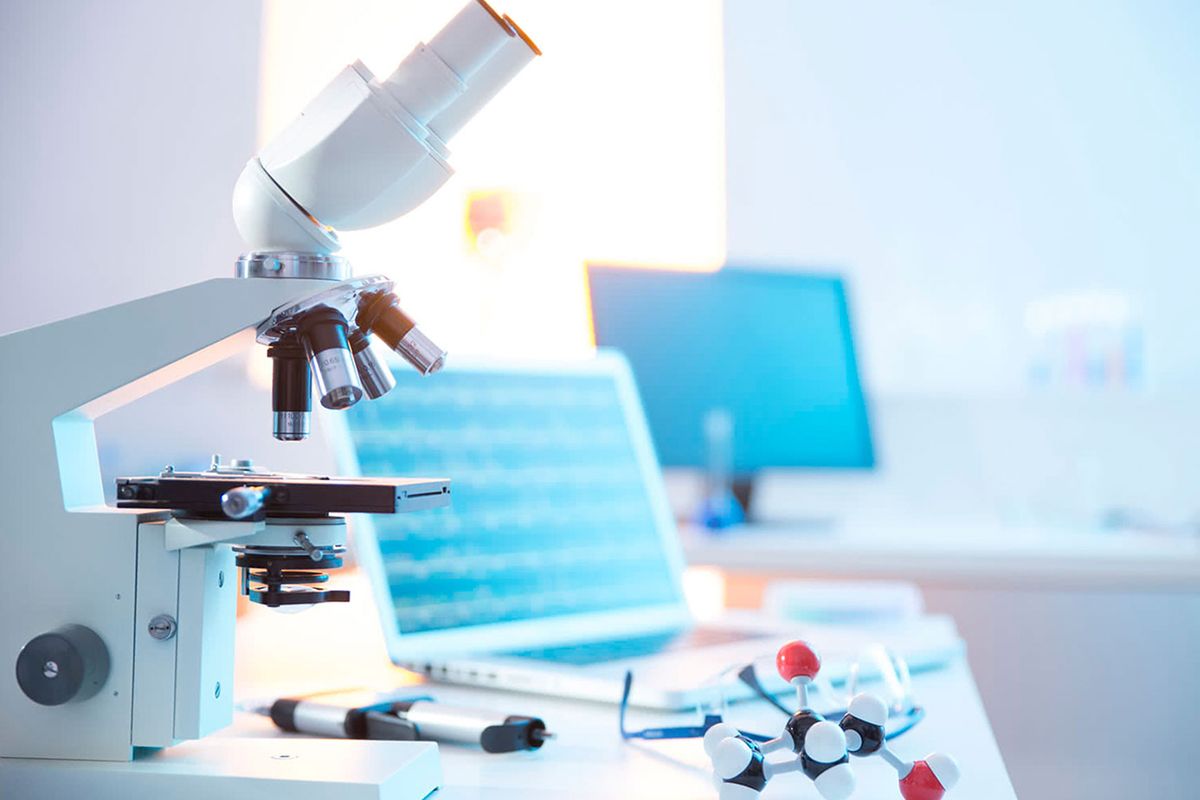
Pathology Fit For Purpose
Our services in clinical chemistry include analysis of blood and body fluid for blood sugars, metabolic panels, kidney function tests, liver function tests etc. We utilized the latest technology for our analyses.
Clinical chemistry research is a field of scientific investigation focused on studying the chemical processes and components within the human body to better understand health and disease. It involves analyzing bodily fluids, such as blood, urine, and cerebrospinal fluid, to identify biomarkers, detect abnormalities, and gain insights into various medical conditions. This field is also known as clinical biochemistry or medical biochemistry.
Molecular diagnostics is a branch of medical laboratory science that focuses on using molecular biology techniques to detect, analyze, and diagnose various diseases and genetic disorders at the molecular level. It involves studying the genetic material (DNA and RNA) and other molecular markers to gain insights into a patient’s health status. Molecular diagnostics has revolutionized the field of medicine by providing highly accurate and specific information about diseases, allowing for personalized treatment approaches.
Clinical and surgical microbiology are specialized branches of medical science that focus on the study of microorganisms and their impact on human health, particularly in the context of infectious diseases and surgical procedures. These fields play a critical role in diagnosing, treating, and preventing infections in healthcare settings.
Laboratory research and development (R&D) is a crucial aspect of scientific and technological advancement across various fields, including medicine, biology, chemistry, physics, engineering, and more. It involves the systematic investigation of new ideas, concepts, technologies, and methodologies within a controlled laboratory setting. Laboratory R&D plays a fundamental role in driving innovation, discovering new knowledge, and improving existing processes and products.

Laboratory Testing Benefits
Laboratory testing offers a wide range of benefits that contribute to accurate medical diagnosis, disease management, research advancements, and public health. These benefits extend to patients, healthcare providers, researchers, and society as a whole. Here are some key advantages of laboratory testing
